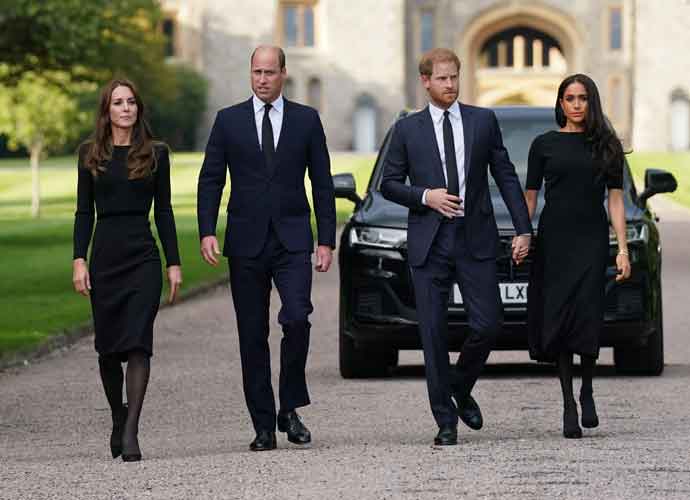Can Trump Delay The Election? General Election Date Unlikely To Change, Voting Procedures May Shift To Absentee Ballots
The date of the general election will likely not change despite coronavirus concerns, because the legal process for changing the date of the general election is multi-layered — first requiring legislation enacted by Congress, signed by the president and subject to challenge in the courts.
If the date was somehow approved to be changed, the Constitution requires that the new Congress is sworn in on Jan. 3 and the new president’s term begins Jan. 20, virtually guaranteeing that Trump will not serve another year as president without being first elected due to the national state of emergency he has declared over coronavirus.
Trump could not cancel or postpone an election solely via executive order alone.
CORONAVIRUS FAQ: WIKI OF MOST FREQUENTLY ASKED QUESTIONS
Subscribe to our free weekly newsletter!
A week of political news in your in-box.
We find the news you need to know, so you don't have to.
However, because states have the authority to control voting procedures, there may be new mandates and provisions which would allow voters greater flexibility in the face of the coronavirus pandemic. For instance, states that have not already could institute vote-by-mail and early voting that would help limit lines and gatherings of people at the polls.
Washington State had instituted the practice of voting by mail years ago, and its March 10 primary was able to proceed without a hitch despite it being a hotspot for the virus outbreak, with over 5,000 cases.
The federal government could also potentially mandate voting procedures in the wake of a public health crisis without altering the date of the election.
Get the most-revealing celebrity conversations with the uInterview podcast!








Leave a comment